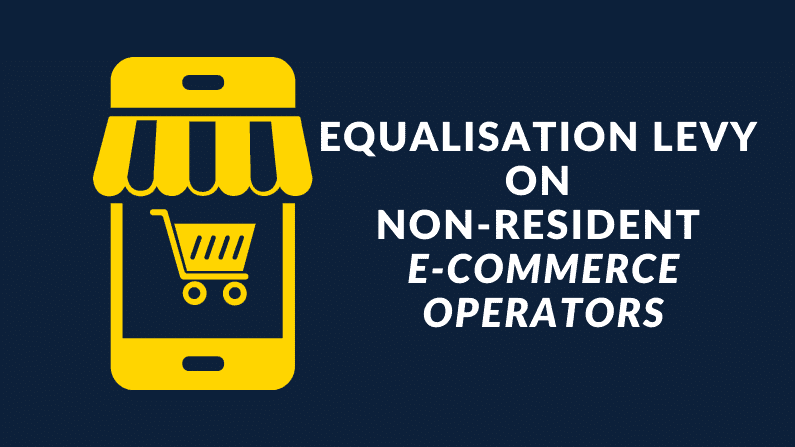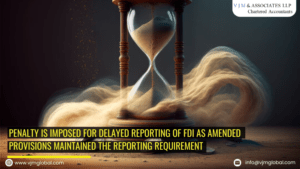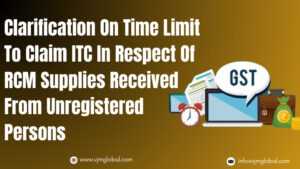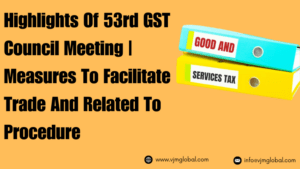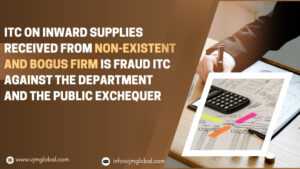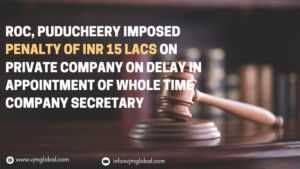Equalisation Levy was introduced vide Chapter VIII of Finance Act 2016 to levy “Equalisation Levy” on the Non-residents who were providing online advertisement services or digital advertising services in India without having any permanent establishment in India with effect from 1st June, 2017. It was levied when services were provided to persons resident in India or a non-resident having permanent establishment in India.
Equalisation levy was imposed to equalise the domestic supplier and international supplier as price of domestic supplier increases substantially due to various taxes levied in India. Therefore, Equalisation levy was levied @ 6% was levied to reduce the price difference.
Equalisation levy was imposed on proceeds from specified services only where “specified service” means online advertisement, any provision for digital advertising space or any other facility or service for the purpose of online advertisement and includes any other service as may be notified by the Central Government in this behalf.
Liability to deduct and deposit equalisation levy was on the person who was receiving the services and was making the payment. Further, Equalisation levy was not covered under Income Tax Act. However, the same was administered by the Income tax department only.
Vide Finance Act, 2020, Ministry of Finance amended the provisions related to Equalisation levy and has extended the scope of same to cover non-resident e-commerce operators operating in India without having any permanent establishment in India such as Zoom, netflix, ebay etc. The amendment was given effect from 1st April, 2020.
The Ministry of Finance amended Equalisation Levy Rules, 2016 through Equalisation levy (Amendment) Rules, 2020 notified on 28th October, 2020.
1. Equalisation levy on non Resident e-commerce operators
“E-commerce operator” means a non-resident who owns, operates, or manages a digital or electronic facility or platform for the online sale of goods or online provision of services or both. Therefore, only those e-commerce operators are covered who are non-resident.
Further, Equalisation levy is applicable only on proceeds of “E-commerce Supply or Services” which means:
- online sale of goods owned by the e-commerce operator; or
- online provision of services provided by the e-commerce operator; or
- online sale of goods or provision of services or both, facilitated by the e-commerce operator; or
- any combination of above listed activities.
The charge of equalization levy at the rate of 2% is mandatory on the sum received or receivable by an e-commerce operator for e-commerce supply and services.
2. Who is responsible for payment of Equalisation Levy on Non resident e commerce operator
Unlike advertisement service, Non resident E-commerce operators are themselves responsible for payment of equalisation levy of 2% on their proceeds of e-commerce supply or services by remitting the same to the account of Reserve Bank of India or any branch of state bank of India or any other authorised bank.
3. Annual return by E-commerce operator under Equalisation Levy
Alongwith periodical payment of equalisation levy, an non resident e-commerce operator is also required to file an annual return in “Form No. 1-Statement of Specified Services or E-Commerce Supply or Services”. Form No. 1 is required to be verified electronically under digital signature or electronically through electronic verification.
In case of advertisement service, recipient of service was responsible for deduction of equalisation levy from payment to be made to non-resident for online advertisement service and recipient of service was liable for payment and filing of annual return.
However, in case of non resident e-commerce operators are themselves required to file annual returns. As per Point No. 3 of Form No.1, Permanent Account Number (“PAN”)/Aadhar Number is mandatory to be provided. Therefore, all non-resident e-commerce operators are required to obtain PAN under Income Tax Act.
Form No. 1 should be furnished by 30th June of the following financial year.
4. Conclusion
The new rules of the equalisation levy have impacted all the non-resident e-commerce operators who are not having any permanent establishment in India and as earlier all of their income earned through Indian Sources are not taxable under Income Tax Act in India.
However, the equalisation levy have widen the scope of income tax. These amended rules are beneficial to the Indian economy as online platforms which were earlier non taxable in India, now those entities are also taxable in India. However, burden of the levied tax may be ultimately borne by the users through corresponding increase in price.
Equalisation levy shall also increase the market for domestic players by increasing costing of their revival non-resident e-commerce operators.


